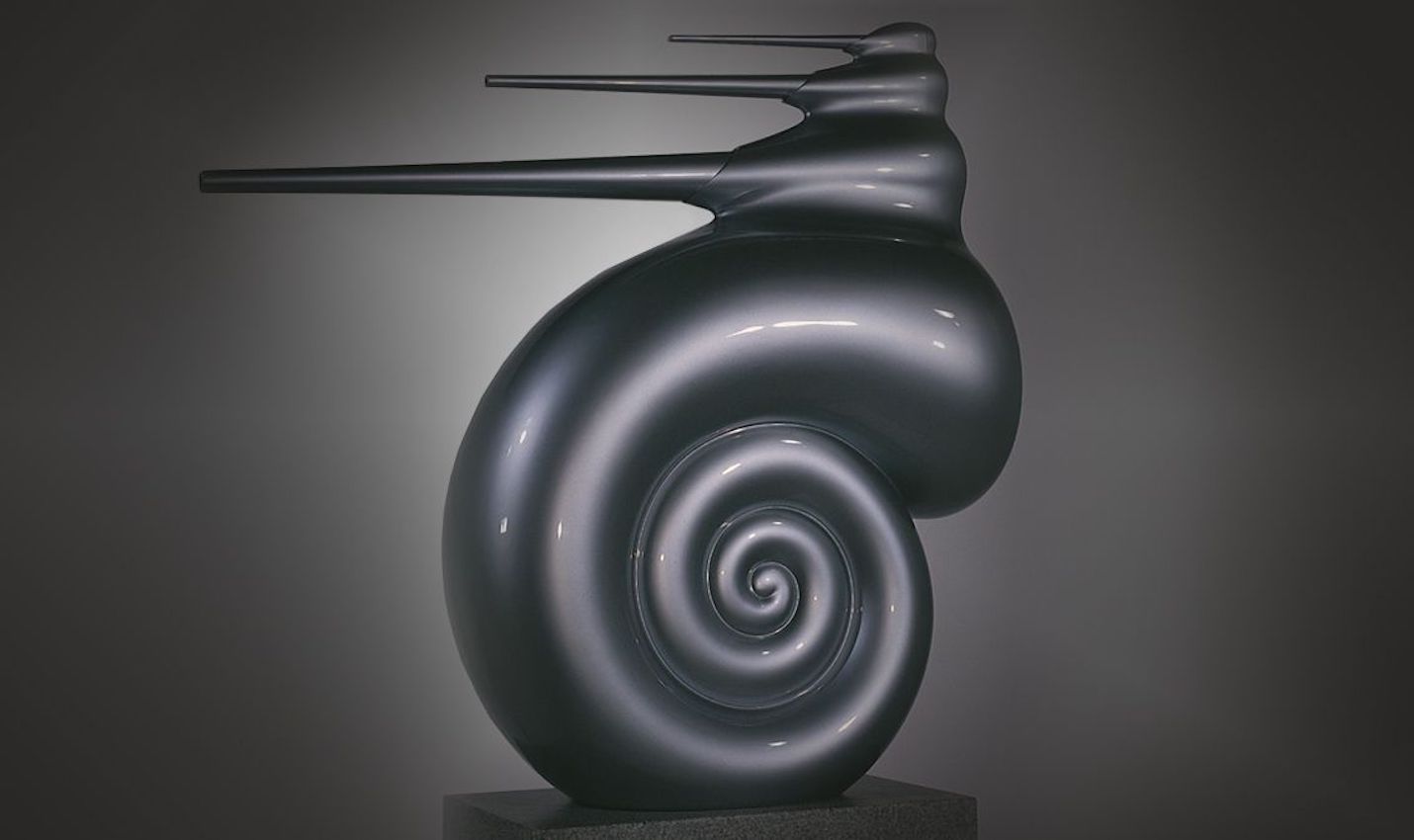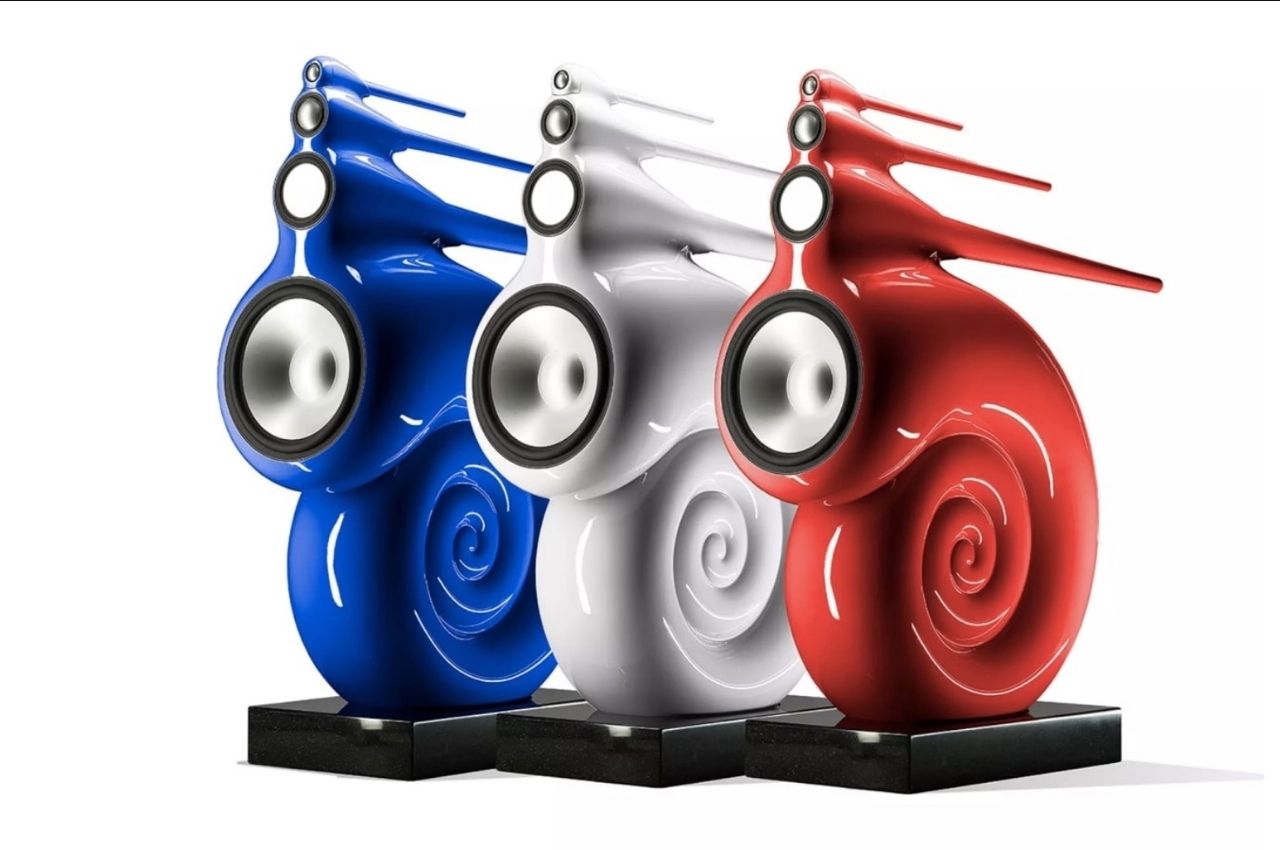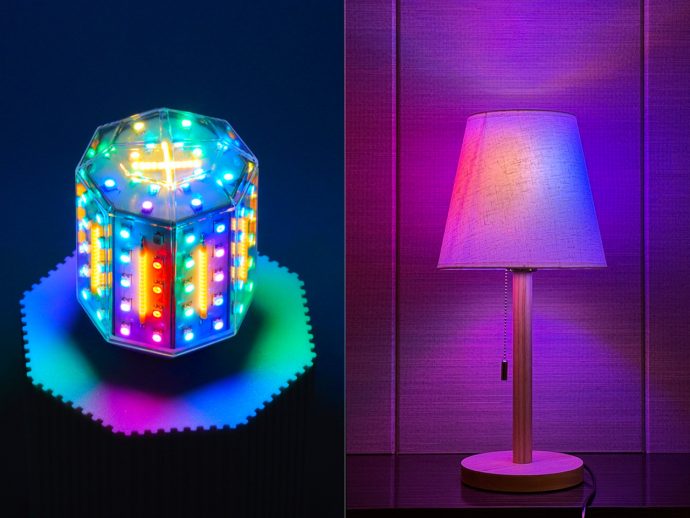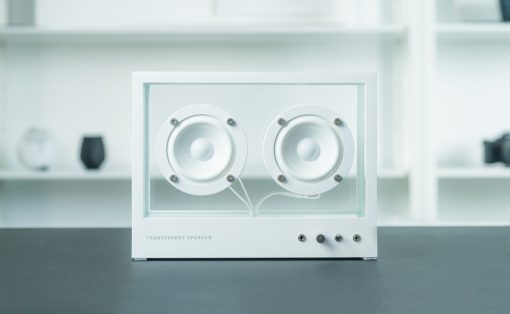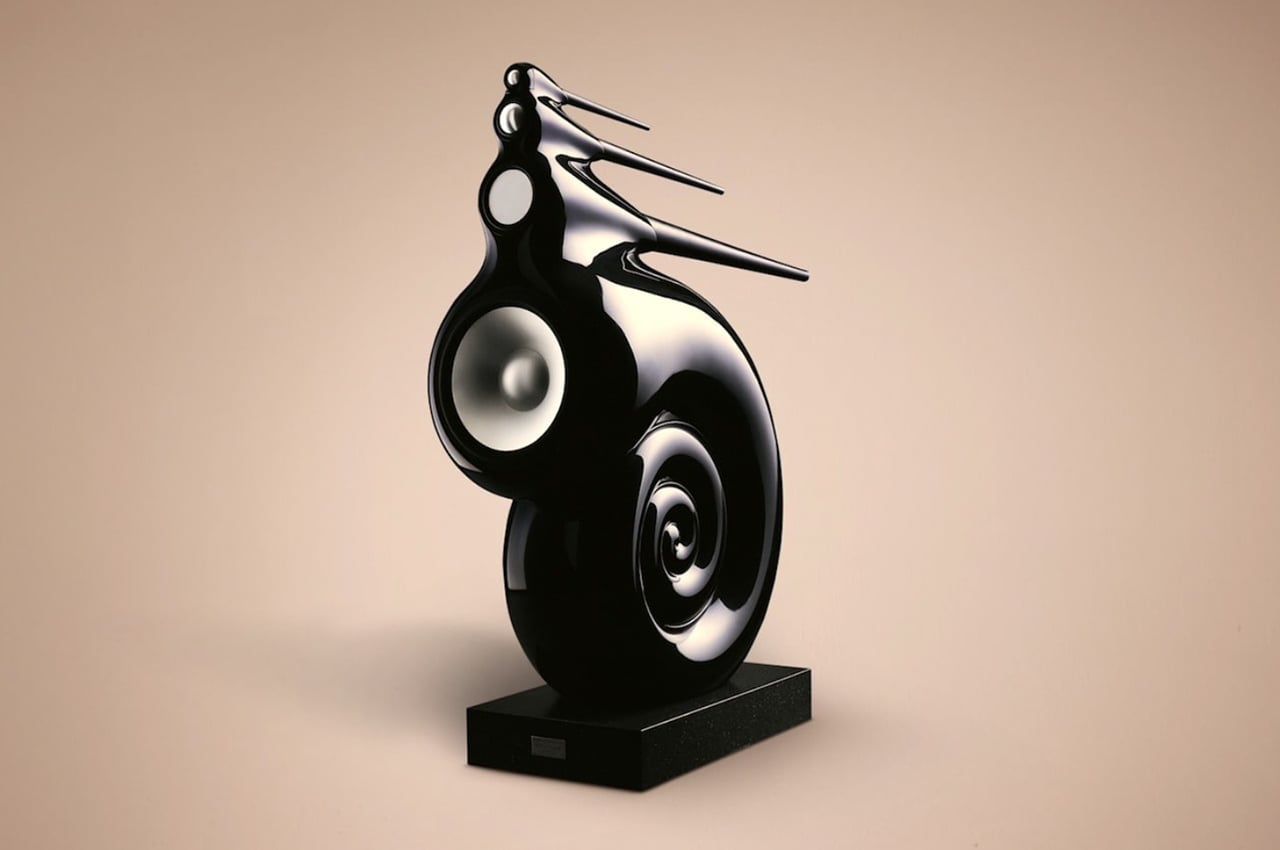
“Wow, what a nice piece of art you have there on the mantel. Who’s the sculptor? Gormley? Kapoor? Koons?” You smile, press a few buttons, and soothing, jazzy music starts playing from the “sculpture” they were admiring. “Bowers & Wilkins”, you reply, much to the confusion of your dinner guests.
If you’re familiar with the name, then you must be more of a speaker connoisseur rather than an art enthusiast. The Nautilus “ultimate” loudspeaker is the 4-way tube-loaded system from Bowers & Wilkins, building on their famous decades-old speaker design that has often been mistaken for a museum piece or a luxury home accessory. Well, who says that they can’t be both a functioning speaker and a work of art. But more than just giving you something that plays music packaged in a unique shape, the design of the Nautilus is where the adage “form follows function” applies.
Designer: Bowers and Wilkins
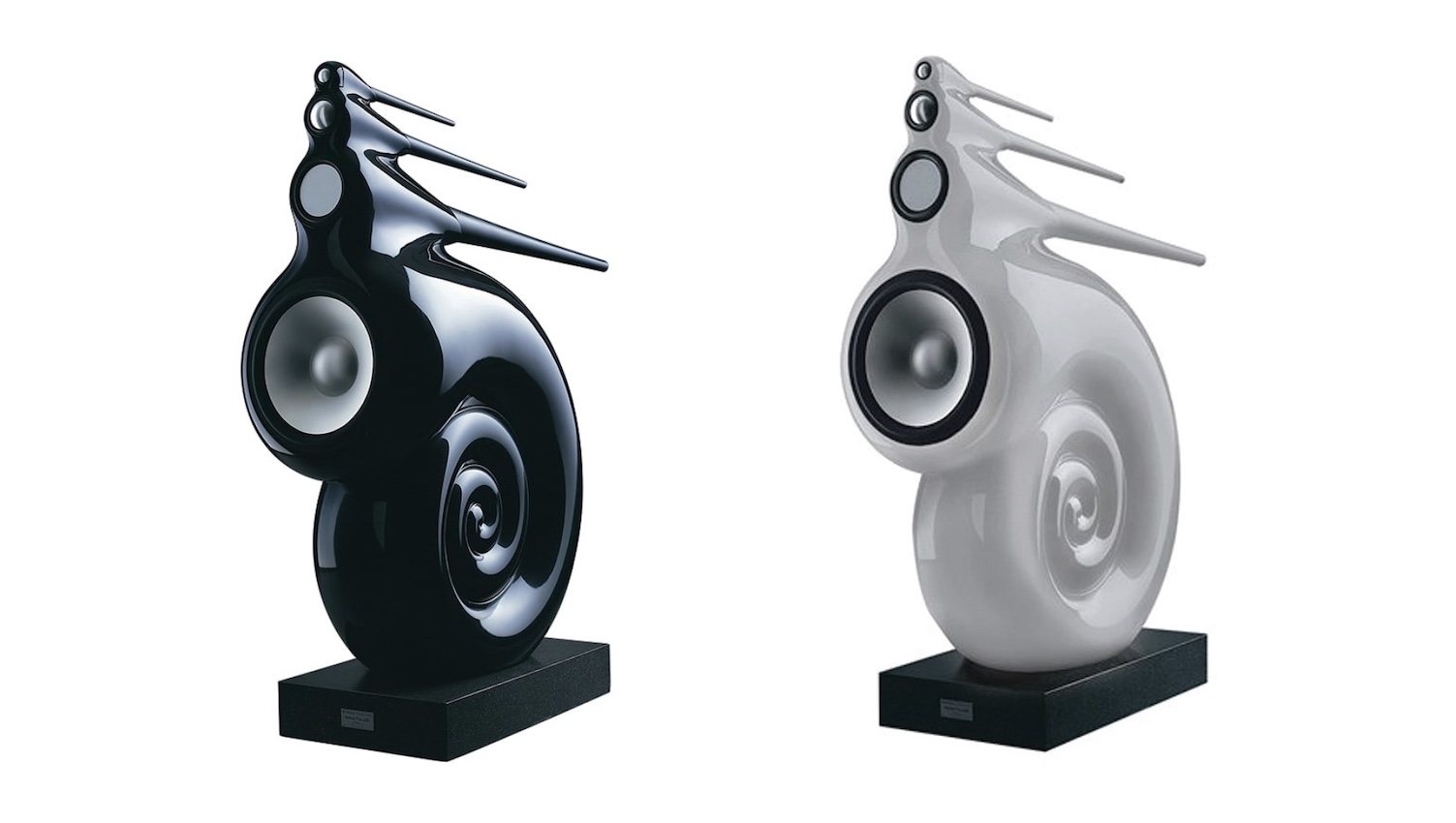
You would think that something that looks like an artsy snail or a marine mollusk will be all form and no function. But for the past 30 years, the Nautilus has proven itself to be one of the most sought-after luxury speakers in the market. It all started with a goal to create a loudspeaker that doesn’t sound like anything else in the market and eventually evolved with a design that doesn’t look like anything else either. The Nautilus tube technology has received awards like the Queen’s Award for Innovation as it has been able to revolutionize the way speaker drive units sound like with the spirals and tube design that’s present in almost all the speakers that Bowers & Wilkins has been making.
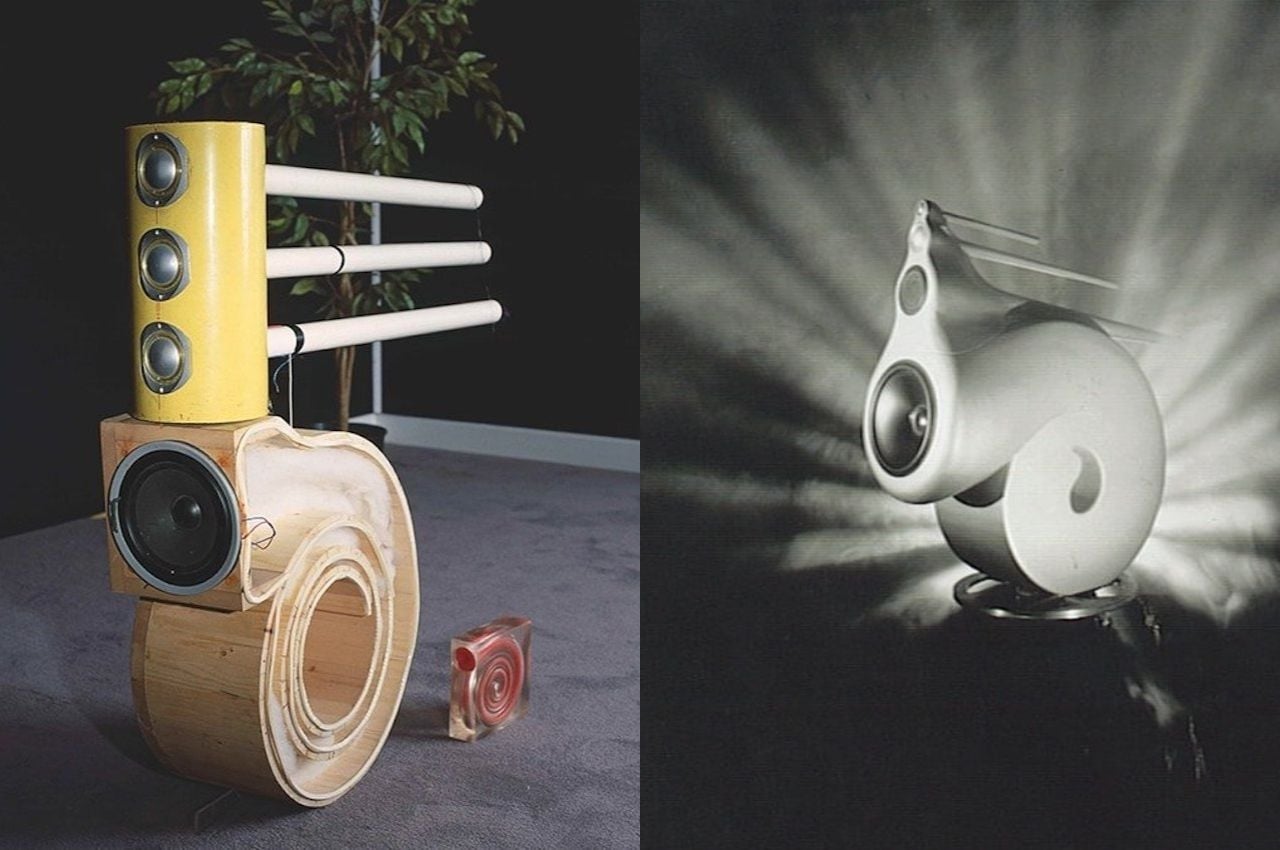
John Bowers was “obsessed” with creating the perfect loudspeakers that were unlike any in the market. But when he passed away in 1987, the engineering team at the Steyning Research Establishment (SRE), particularly Laurence Dickie or Dic to his colleagues, took on the challenge. He wanted to create one that did not use the traditional speaker box and instead focused his efforts on mounting the derivers into straight “transmission-line” cylinders which eventually paid off for them. He also wanted to use stiff, pistonic cones for the drivers which at that time was something basically unheard of.
Building on the aluminum tweeter concept that came with their 801 speaker, Dic scaled it to larger aluminum midrange cones made from the same material so that listeners will not be able to hear any audible transition. They eventually also created a tapering tube approach for those three tubes as well as the bass driver, making all of the four drivers give users a “seamless, three-dimensional sound stage” with the weird-looking but highly functional design they came up with. And thus, the Nautilus was officially born.
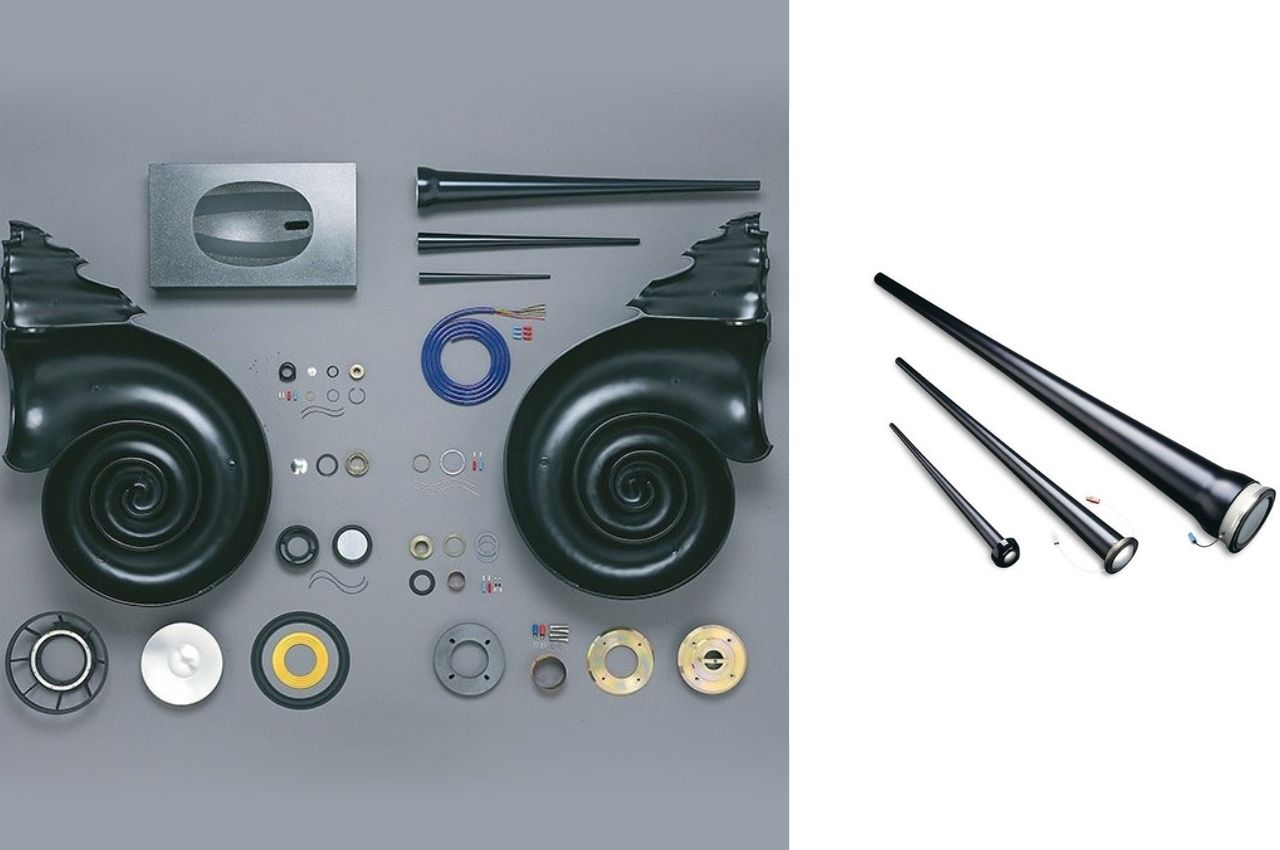
The present-day Nautilus loudspeakers still carry that three-part design (front and left and right half-sections) and each piece of aural art is handcrafted. They are joined together and then sanded to remove any visible edges. They are spray painted by hand with 12 coats of paint and lacquer, sometimes, even more, depending on the client’s specification. The standard ones come in silver, black, and midnight blue but they also offer a special service to get the color matched with your room aesthetic.
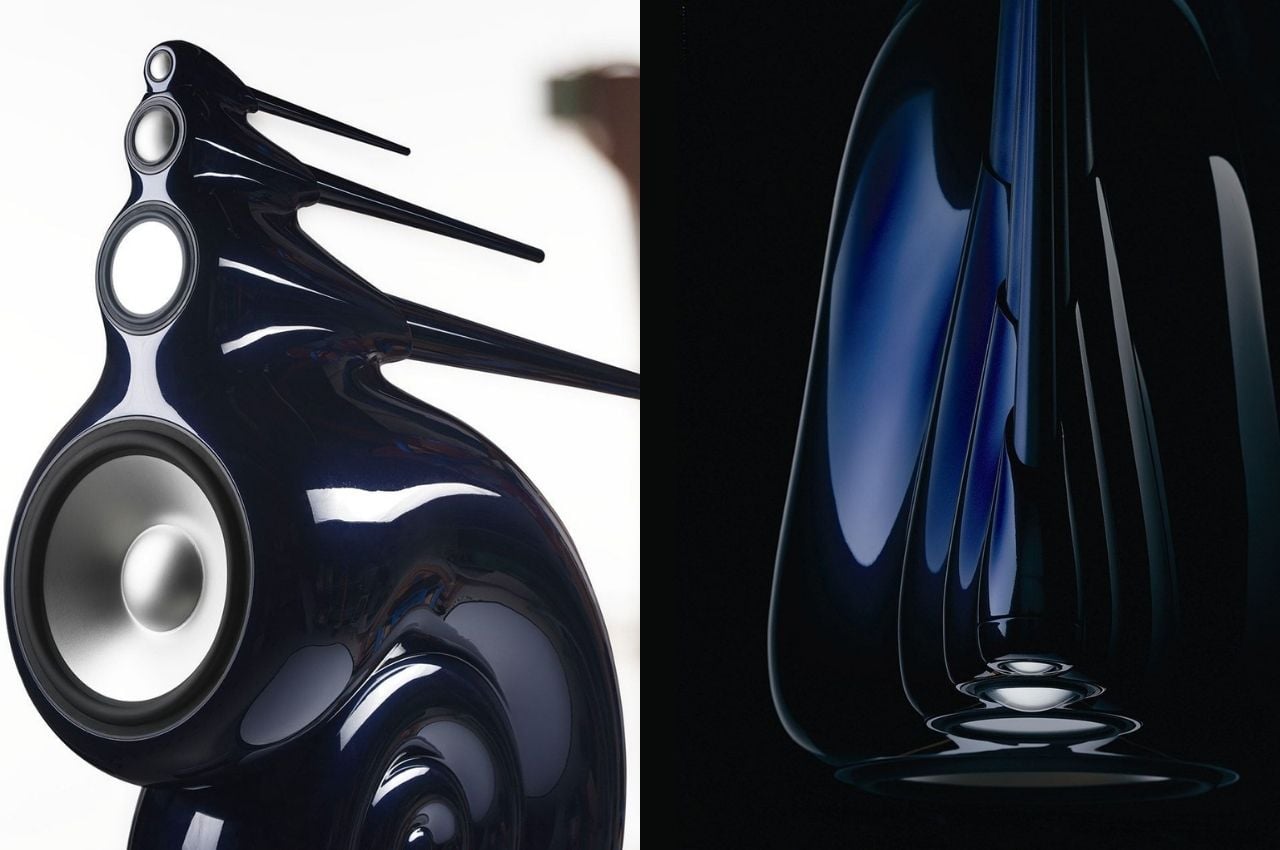
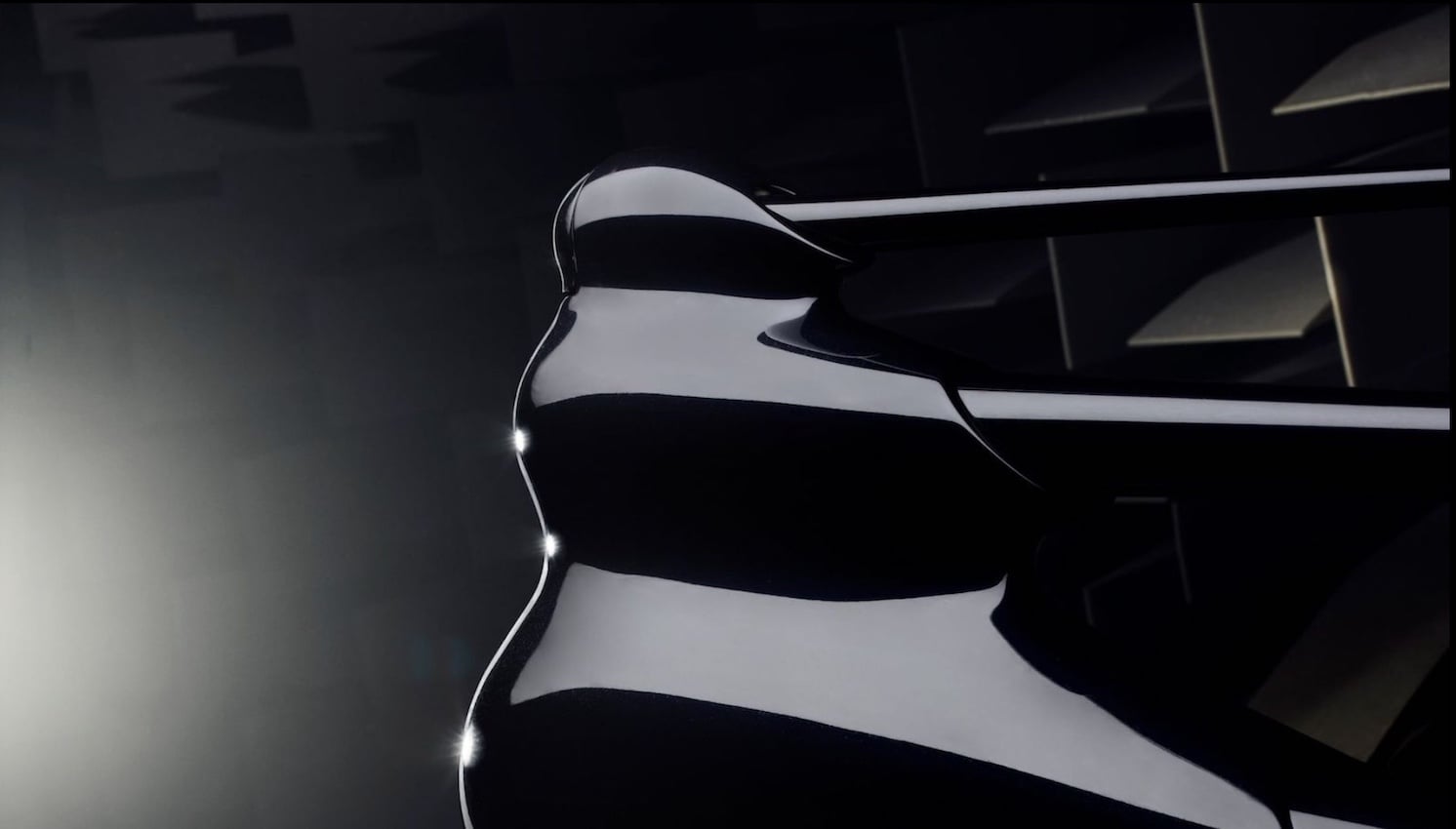
All this to say, the Nautilus does not come cheap as it costs $60,000. It is definitely an investment for both its form and function. It may even be more expensive than some of the actual artworks of modern sculptors I mentioned earlier. But if you’re not satisfied with the sound that comes from your typical loudspeakers and you’re also into avant-garde art pieces, then the Nautilus loudspeaker is something you can eventually invest in. It also makes a good, albeit expensive, conversation starter for parties.
